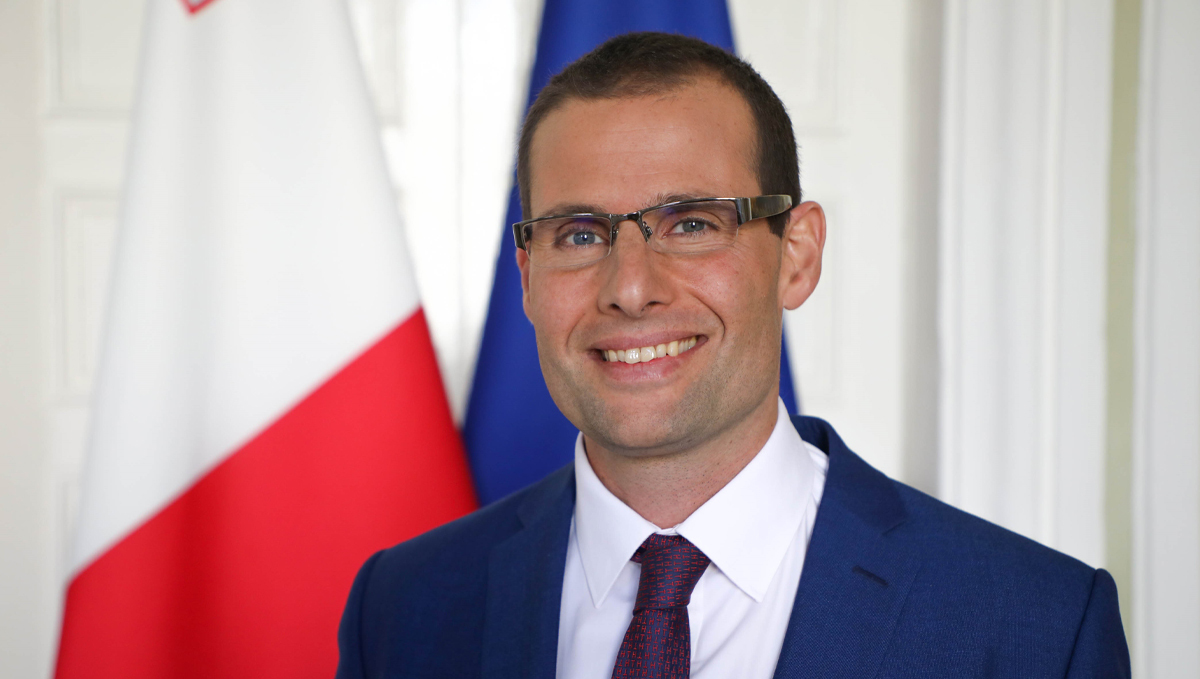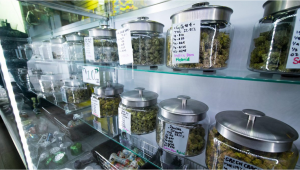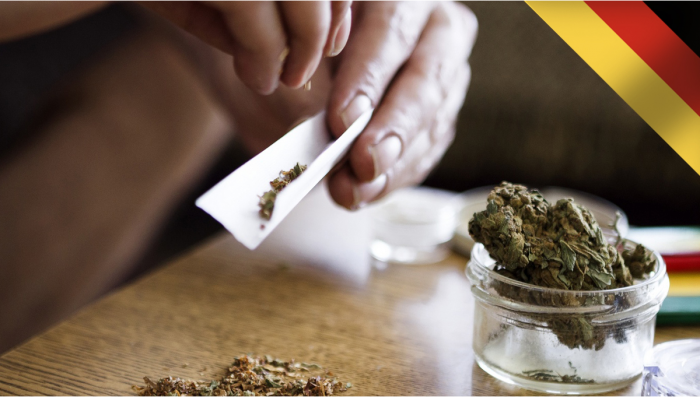Malta: A Two-Weeks Countdown to Cannabis Legalization

The parliament of the tiny island nation in the Mediterranean has scheduled the third and final reading of the bill that will make cannabis legal. It means that in two weeks’ time, those of its half-million residents who are over 18 will have a right to grow their own bud, consume it in the privacy of their own home, and even possess a small amount in public.
The sale of the substance will remain prohibited, but those who don’t have a green thumb will still be able to legally get their “drug of choice” from someone else. To this end, the authorities will allow cannabis associations of the type that currently operate in Spain.
Low-Key is the Key
According to the bill, adults in Malta will be able to grow up to four cannabis plants at their place of residence and keep the produce but no more than 50 grams (1.76 ounces) of dried flowers. As for taking any of that outside, the law will be much stricter—only 7 grams at a time.
And smoking any of that in public will still be considered a punishable offense, leading to a hefty €300 fine. Exempt from this rule will be medical patients and only if using their medicine in public is a therapeutic necessity.
Tightly Regulated and Not For Profit
What sets the proposed bill apart from many similar measures adopted in other countries is that there will be a model for legally obtaining cannabis from external sources. It will be similar to cannabis social clubs that operate—though in a legal grey area—in Spain and some other European nations.

The idea behind the social club model is that weed smokers form associations where some of the members grow cannabis for the benefit of all the rest. It will be possible for members to get up to 7 grams of bud a day though there will be a monthly cap of 50g.
If Spain’s example teaches us anything, social clubs quickly morph into for-profit cannabis cafes, often servicing thousands of “members”. However, Maltese authorities seem determined to strictly regulate these clubs. A specially created regulatory body will oversee their registration and gather reports that the clubs will be required to submit every three months. Also, the police and the courts will ensure the legality of their day-to-day operations.











Comments